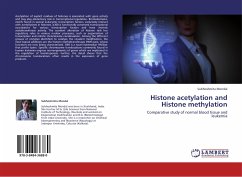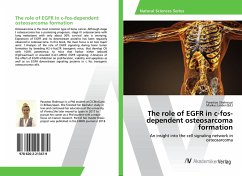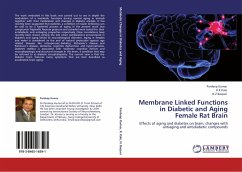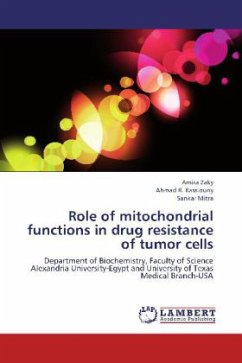I demonstrate that HAT p300 acetylates MYC preferentially at K157/158 in transfected mammalian cells. I also show that MYC overexpression increases the level of endogenous p300. Moreover, our data provides a potential link between MYC acetylation and its biological functions. I found that MYC acetylation at lysine 158 reduces MYC-activated apoptosis and this could be via transcriptional regulation of pro-apoptotic Nrf1 and Cytochrome c (Cyc) genes. These findings might be important for prospective drug development against MYC-dependent tumors. New therapeutics which drive transformed cells to apoptosis via prevention of MYC acetylation at K157/158 by p300 could be beneficial for the treatment of MYC-dependent cancers.
Bitte wählen Sie Ihr Anliegen aus.
Rechnungen
Retourenschein anfordern
Bestellstatus
Storno








